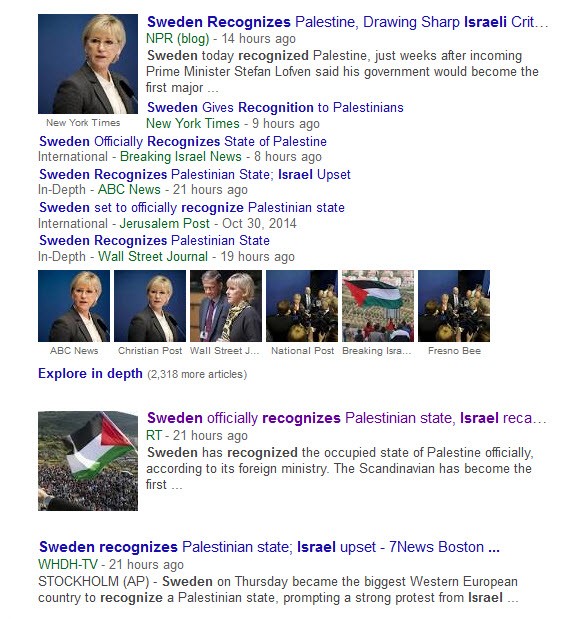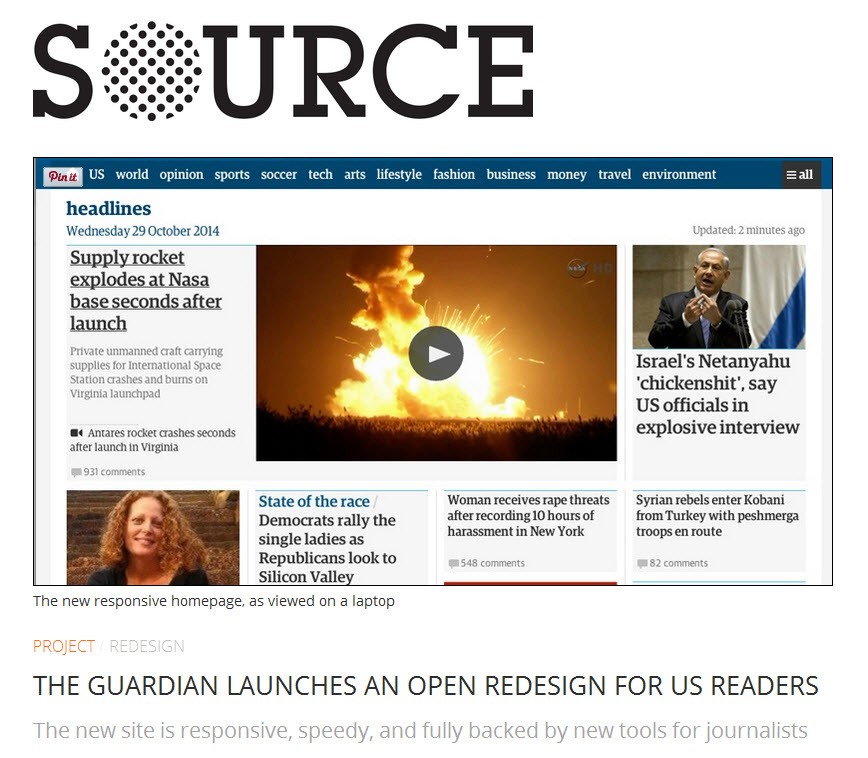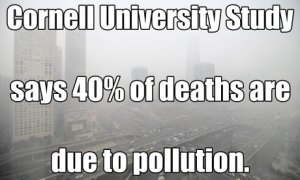A week that was… Iran and P5+1 nuclear talks, world oil prices continue to fall, Putin talks Russian policy, Mideast politics, a flare up of words between the U.S. and Israel against backdrop of U.S. Congressional elections, Palestinian recognition, regional war update, petropolitics, China, energy policies, costs and alternatives, digital rights, and the Pope speaks of support for evolution and ‘protection’ of the planet
∴
An overview of conflict and war with the independent perspective of Strategic Demands
∴
Is the (Iranian) Revolution Over? The Economist makes a (hedged but bold) prediction about the future of nuclear talks and outcomes. “A deal is increasingly in Iran’s interests… Oil pays the government’s bills; its recent 25% fall in price is squeezing the economy… Changes in Iran make a nuclear deal more likely—not this month, perhaps, but eventually.”
Iran reformists progress report
And while talks with the P5+1 continue, actions beyond the talks continue to threaten…
Iran says foils bid to sabotage nuclear heavy-water tanks: newspaper
◊
House of Saud and OPEC oil strategy plays out
Goldman Sachs forecast roils the energy market
◊
Vladimir Putin speech to the Valdai International meeting’s on “The World Order: New Rules or a Game without Rules” shakes up Europe and the U.S.
New Cold War rhetoric continues – “Putin accuses the U.S. of undermining the post-Cold War world order”
◊
A bad day for democratizing space with nextgen “New Space”, earth monitoring micro-satellites: 26 Planet Labs satellites destroyed in launch explosion
◊
New open source edition of TheGuardian launches
∴
Steve Clemons interviews the U.S. Secretary of State (C-Span)
International news headlines point out friction between Israel and U.S.
From RT news, a “chickenshit” quote about Netanyahu
From the Atlantic, a “crisis” in U.S. – Israel relations is “officially here“
From the Washington Post, background on the “chickenshit” controversy, byline David Bernstein
Response in Israel to Goldberg’s quote from un-named U.S. official… Haaretz
◊
From Fox News, Egypt considering building wall, Gaza border crossing policy tightened
◊
Sweden recognizes Palestine

From Haaretz, Left Wing Israeli’s urge Spain to recognize Palestine
◊
Leaving the multi-generational conflict involving Israel and moving on to Libya, Jordan, Iraq, Syria, Lebanon, Turkey, Iran, Afghanistan… Saudi Arabia and the Gulf states, a region awash with petrodollars, rights abuses, failed state governments, hundreds of billions spent and deployed in armaments from the West and civil war —
One quick look back with depth — ISIS, Turkey, Kurds Peshmerga — the fight for Kobani
And now let’s leave the region’s bloodshed and bring our vision to the East…
◊
China
Critically strategic energy/petropolitics drawing the East to the Near East and Mid East
From AL Arabiya, the Ties that Bind Saudi-Chinese Relations
with a sidebar about increasing world supply-Bloomberg and revealing footnote from the Houston Chronicle, “the global oil market is undergoing dramatic and unexpected changes well beyond our borders, and frankly, our control.”
— the headlines of the oil price story, and its impact on politics and security policy, is followed by a wry Arabiya commentary on Obama-Netanyahu:
◊
What of alternatives to oil politics?
Near-, mid- and long-term renewable energy sources are demanded as answers to war-for-oil and the rising strategic threats of regional and global external costs (global warming/climate change, pollution, rising seas, loss of civil liberties…)
The full-costs of fossil-fueled economies, considered in a more thorough green economic analysis, need to be discussed/debated and the added costs of oil/gas, with externalities, revealed for what they are…
Climate scientists aren’t too alarmist, they’re too conservative, the Post
◊
The costs of old energy sources add up / Cornell study
According to the World Health Organization, one in eight deaths are due to air pollution
Without a serious effort to eliminate heavy pollution by coal fired plants (acid rain, millions of tons of mercury, arsenic sent into the air and causing birth defects, autism, etc), gas fracking, biofuel cars, ships, planes, trains, etc – we will not be successful in increasing the quality of human life. That’s why solar and wind power are so important, they can cut dramatically on air, water and soil pollution. Wind is cheaper than coal and gas already in many areas of the globe and we need lots of support for green energy to replace all oil, coal and natural gas. That’s why voting is so important on Nov 4th 2014 … No parties are perfect, just saying. Let’s vote green.
The stone age didn’t end because of a shortage of stones, the oil car-plane-truck age won’t end because of a shortage of oil. It will be because we have become more intelligent, more compassionate, more aware of the harm smog does to our longevity, that’s all.Regardless whether humans cause global warming or not via fossil fuels, here is a major reason to switch to solar, wind, renewables and electric transportation removing most chemical pollution from air, water, soil – therefore preventing the premature death of billions of people. This is a fact, it’s not controversial or debatable. Smog kills us.
The escalating costs of war-time economies includes the encroaching world of intrusive surveillance… the costs accruing, the hundreds of billions spent on security state apparatus, the risks of these police/military actions on civilian life and populations, the ever-widening loss of privacy, the threats to liberty and human rights in the face of wars that continue to flare and spread in the securing of oil and gas…
The correlation between hard costs of production and the added costs, the ‘externalities’ that are paid by society beyond the price delivered per gallon, as we pointed out last week with a quote from the former supreme commander of NATO, involves a multiplier effect… the real price per gallon to fill the tank, or heat the home, or run the factory needs to be seen for what it is — the price, the cost of oil and gas far outstrips its perceived price/cost — and it’s time to move to reduce the price and cost.
Sustainable security means moving beyond the high full cost, failing policies of oil and gas and attendant war protectorate, security state, global health impacts and environmental threats and all the lost opportunity costs.
◊
Citizenfour reviews start coming in — from the Premiere screening
◊
A ‘conservative’ look at ‘liberal’ apologists for intrusive ‘big gov’ – National Interest
◊
While larger forces at work so often sway opinion that little is possible, when you think things can’t change, they do —
As just one example among many, the Catholic Pope Francis continues his earth- and science-friendly teaching.
Speaking to the Pontifical Academy of Sciences this week on “Evolving Topics of Nature,” and he affirmed and extended Catholic teaching: “Evolution in nature is not inconsistent with the notion of creation, because evolution requires the creation of beings that evolve.”
The Pope and Vatican went further this past week on the topic of nature and climate:
“[Our] delegation sees a relevance of the term “responsibility to protect”, not only in the humanitarian and human rights areas, but in the question of climate change as well. Everyone shares the responsibility to protect our planet and the human family. Pope Francis has repeatedly underlined the importance of protecting our environment, which all too often, instead of using for the good, we exploit greedily, to one another’s detriment. Let us make the conscientious choice of refraining from lifestyles and behavior that would worsen the state of our planet, and let us promote initiatives that protect and heal it. The world has become a village; thus, we must become more and more aware of this mutual and common responsibility. In particular, States have the grave duty to make policy decisions and devise monitoring structures to ensure that present and future generations live in a safe and worthy environment.
[O]ne thing is clear: we have the “moral covenant” with our environment, whereby all countries and everyone must commit to work together towards making it a healthy place to live, for the present and for future generations. We are all in it. Fulfilling this shared responsibility is within our reach. Now.”
Here’s to evolution, hopefully sooner rather than later.
◊
That’s it for this week.







The war of words unleashed between Obama and Netanyahu is unlikely to have major strategic implications. The contained reaction from the Israeli government suggests that there was no surprise and the overarching framework of the “special relationship” and increased security aid is unlikely to change.
With all polls indicating that the Republican Party is on the verge of making big gains in both the House and the Senate in next week’s midterm elections, Netanyahu is poised to grab extra leverage in Washington. The presidential campaign for 2016 will also launch next summer, likely muting criticism against Israel and further tying Obama’s hands as not to hurt potential candidates of his own party. As far as the peace process is concerned, the Gaza war was the last nail in the negotiations’ coffin, shifting the ground towards security priorities for Israel while weakening the hand of Palestinian President Mahmoud Abbas. Regionally, the Middle East is consumed with more urgent priorities in dealing with the rise of ISIS and two wars in Iraq and Syria, the increasing threat of terrorism in Egypt and potential fragmentation of Libya, as well as the Iranian nuclear issue. This landscape has come at the expense of Palestinian statehood, and has left settlement expansion go unchecked in the West Bank and East Jerusalem.
The public rant involving “chicken****” and talk of cowardliness is more of a tactic and less of a strategy. It signifies a change in tone without loosening any of the constraints on the policy. On the one hand, Netanyahu has “written off” the Obama administration and will dodge the White House by going through a friendlier Congress, while the farthest extent to which administration can go would be at the United Nations in setting U.N. endorsed parameters for a final solution without that affecting the $3 billion annually in military aid or settlement expansion.